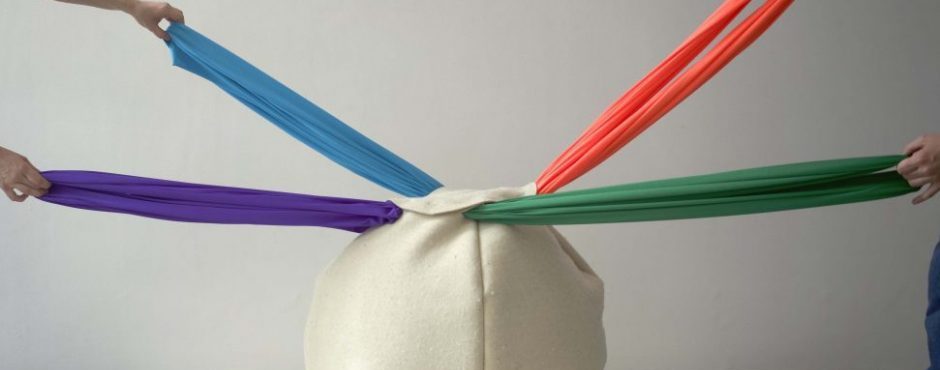UK Academia is primarily structured around neurotypical norms, white-centred curricula and (heteronormative) role-models, and able-bodied spaces and access, posing significant challenges for neurodivergent, brown, black and ethnically marginalised, disabled and LGBTQIA+ academics, students and technicians, who often face additional barriers that hinder their success. This intervention is inspired by a recently published and led SIG of which I was one of the co-authors and facilitators. It examines intersectional (Crenshaw, 2013) aspects of neurodiversity, focusing on the experiences of (black, brown, white and ethnically marginalised) neurodiverse, neuroqueer (Brontsema, 2004; DeVito et al., 2021) and disabled academics, students, and technicians at LCC and explores how we can contribute to more inclusive UAL academic environments. By bringing together neurodiverse, neuroqueer and disabled staff, students, and allies, these 2x (between) 75-minute (to 90-minute) Special Interest Groups (SIGs) (one for BA, MA and PhD students/researchers and one for staff (senior to technicians)) aim to develop strategies for a more neurodivergent and disabled inclusive, affirming, and supportive academic landscape.
Since enhanced well-being can boost productivity and creativity (Peiro et al., 2021), addressing these challenges may unlock greater academic output and contributions, particularly by harnessing the talent and creativity of (black, brown, white and ethnically marginalised) neurodivergent, neuroqueer and disabled individuals. I will focus on:
- Challenges and opportunities faced at UAL across career stages and roles (from BA students to senior academics and staff)
- Explore the role of technology in academia, assessing how it alleviates and exacerbates barriers (AI, Moodle, Canvas, Elements, SEAtS, etc)
- Critically examine how policies and governance within the UAL community impact neurodiversity/gender-inclusion and disability justice.
It’s planned as a show-and-tell and discussion session, with the outcome goals of the discussion being an agenda and/or a zine (addressing all three key points listed above) to be circulated among LCC courses, and to (the EDI team? Disability Services? Who makes policies/has the power to implement changes at UAL/LCC?) for future implementation/consideration.
I will recruit participants by sharing an MS Form link with our LCC-wide community and asking colleagues to share it with their students and among themselves. I will create and link a Padlet, including examples of what to bring in for the optional show-and-tell portion of the SIG.
References:
Brontsema, R., 2004. A queer revolution: Reconceptualizing the debate over linguistic reclamation. Colorado Research in Linguistics.
Crenshaw, K.W., 2013. Mapping the margins: Intersectionality, identity politics, and violence against women of color. In The public nature of private violence (pp. 93-118). Routledge
DeVito, M.A., Lustig, C., Simpson, E., Allison, K., Chuanromanee, T., Spiel, K., Ko, A., Rode, J., Dym, B., Muller, M. and Klaus Scheuerman, M., 2021, May. Queer in hci: strengthening the community of lgbtqia+ researchers and research. In Extended Abstracts of the 2021 CHI Conference on Human Factors in Computing Systems (pp. 1-3).
Peiro, J.M., Montesa, D., Soriano, A., Kozusznik, M.W., Villajos, E., Magdaleno, J., Djourova, N.P. and Ayala, Y., 2021. Revisiting the happy-productive worker thesis from a eudaimonic perspective: A systematic review. Sustainability, 13(6), p.3174.
